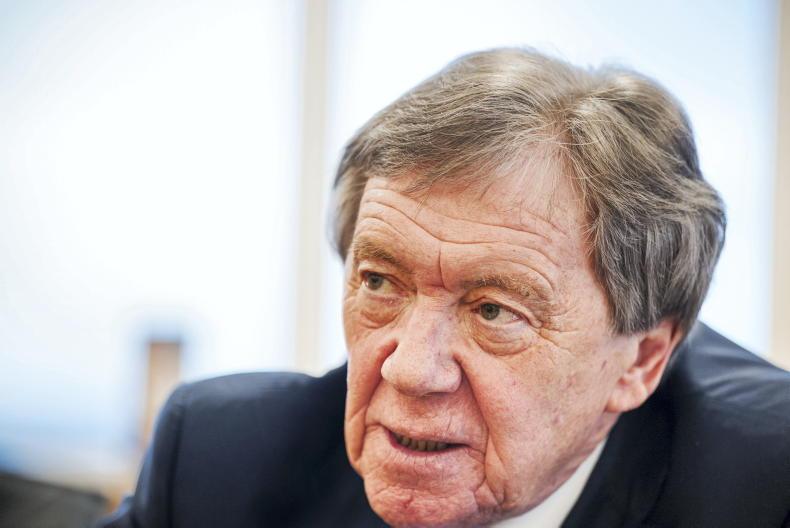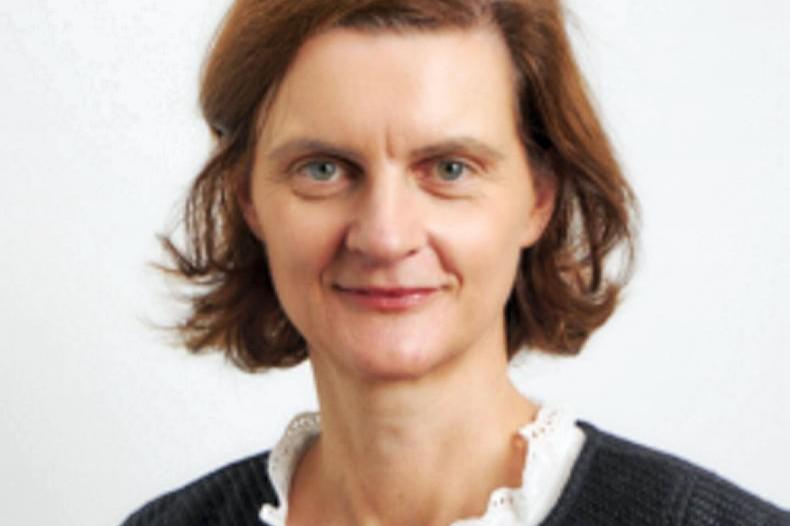There are more Irish people who are 'concerned' about climate change compared with those who are 'alarmed', analysis carried out by the Environmental Protection Agency (EPA) has found.
The report - 'Climate Change’s Four Irelands' - published by the EPA identifies four different groups of people in Ireland who share a similar set of beliefs, attitudes and behaviours relating to climate change.
Over one-third (34%) of the Irish population strongly think that climate change is caused by human activity and that it is a real and immediate threat. This cohort has been catagorised as the 'alarmed' group.
Meanwhile, 48% of the Irish population has been catagorised as 'concerned' - they are convinced that climate change is a serious issue, but are less worried than the ‘alarmed’ and view it as a less immediate threat.
Cautious
Some 14% of people fall into the 'cautious' group, which think that climate change is happening, but are less sure of the causes and are less likely than the ‘alarmed’ or ‘concerned’ to think it will affect them personally.
The 'doubtful' represent the smallest cohort, 4% of whom are not worried about climate change and do not perceive it as a threat.
The findings are consistent with the previous assessment published by the EPA in 2022.
Welcoming the report, director of the EPA’s office of evidence and assessment Dr Eimear Cotter said: "Climate Change’s Four Irelands shows that more than four out of five people in Ireland, across all regions and backgrounds, are either in the ‘alarmed’ or ‘concerned’ category. The small percentage in the ‘doubtful’ category shows that climate scepticism is rare in Ireland."
She added that people from cities, towns, villages and rural areas hold diverse views on climate change, but the study does not show a strong urban-rural divide.
Differences
The report shows that a majority within each climate change audience agrees that climate change is happening.
While awareness of climate change is very high, there are strong differences in what the audiences believe is causing it.
Climate change is mostly caused by human activities. However, a significant minority of the ‘alarmed’ and ‘concerned’ audiences incorrectly believe that climate change is caused equally by human and natural action.
The ‘alarmed’ audience feels most knowledgeable about climate change, followed by the doubtful.
In brief:
Alarmed - 34%.Concerned - 48%. Cautious - 14%.Doubtful - 4%.
There are more Irish people who are 'concerned' about climate change compared with those who are 'alarmed', analysis carried out by the Environmental Protection Agency (EPA) has found.
The report - 'Climate Change’s Four Irelands' - published by the EPA identifies four different groups of people in Ireland who share a similar set of beliefs, attitudes and behaviours relating to climate change.
Over one-third (34%) of the Irish population strongly think that climate change is caused by human activity and that it is a real and immediate threat. This cohort has been catagorised as the 'alarmed' group.
Meanwhile, 48% of the Irish population has been catagorised as 'concerned' - they are convinced that climate change is a serious issue, but are less worried than the ‘alarmed’ and view it as a less immediate threat.
Cautious
Some 14% of people fall into the 'cautious' group, which think that climate change is happening, but are less sure of the causes and are less likely than the ‘alarmed’ or ‘concerned’ to think it will affect them personally.
The 'doubtful' represent the smallest cohort, 4% of whom are not worried about climate change and do not perceive it as a threat.
The findings are consistent with the previous assessment published by the EPA in 2022.
Welcoming the report, director of the EPA’s office of evidence and assessment Dr Eimear Cotter said: "Climate Change’s Four Irelands shows that more than four out of five people in Ireland, across all regions and backgrounds, are either in the ‘alarmed’ or ‘concerned’ category. The small percentage in the ‘doubtful’ category shows that climate scepticism is rare in Ireland."
She added that people from cities, towns, villages and rural areas hold diverse views on climate change, but the study does not show a strong urban-rural divide.
Differences
The report shows that a majority within each climate change audience agrees that climate change is happening.
While awareness of climate change is very high, there are strong differences in what the audiences believe is causing it.
Climate change is mostly caused by human activities. However, a significant minority of the ‘alarmed’ and ‘concerned’ audiences incorrectly believe that climate change is caused equally by human and natural action.
The ‘alarmed’ audience feels most knowledgeable about climate change, followed by the doubtful.
In brief:
Alarmed - 34%.Concerned - 48%. Cautious - 14%.Doubtful - 4%. 









SHARING OPTIONS